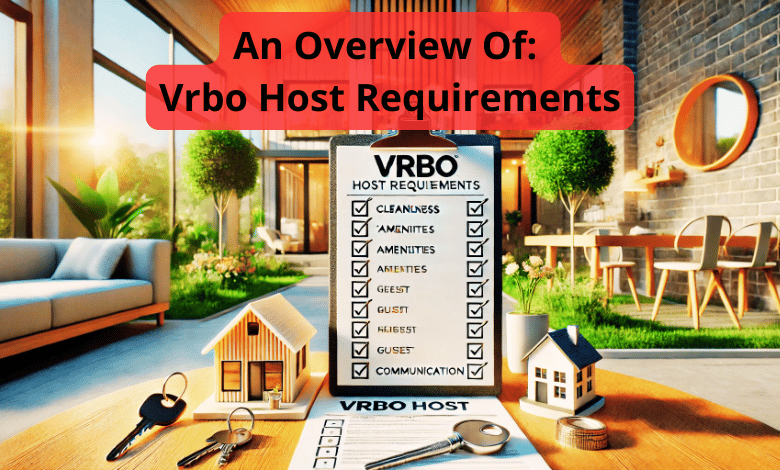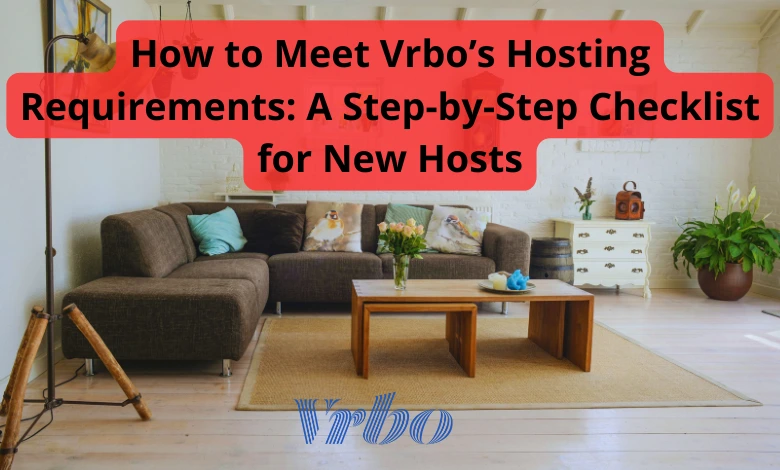1. Vrbo Compliance with Local Laws and Regulations
Every Vrbo host must comply with all local laws, rules, and regulations governing short-term rentals. Requirements vary widely depending on the city, county, or country in which the property is located. Common considerations include:
- • Short-term rental permits or registration
- • Zoning restrictions or neighborhood rules
- • Safety standards such as smoke detectors, carbon monoxide detectors, and fire extinguishers
- • Health and sanitation requirements (especially in regions with stringent hospitality regulations)
It is crucial to verify whether you need a license or permit before listing your property. Non-compliance can result in fines and penalties for both you and your guests.
2. Adherence to Vrbo’s Policies
Vrbo has its own set of policies to foster a safe, trustworthy environment. Key elements include:
- • Accurate Listing Information: Provide detailed and truthful descriptions of your property, including the number of bedrooms, bathrooms, amenities, and proximity to local attractions. High-quality photos that reflect the current state of your rental are also expected.
- • Transparent Rates and Fees: Clearly state all charges, such as cleaning fees or extra guest fees, to avoid confusion or last-minute surprises for renters.
- • Fair Cancellation and Refund Policies: Vrbo allows hosts to choose from several cancellation policy types. Whichever you select, be sure it is clearly communicated and consistently applied.
- • Guest Communication: Timely and respectful communication builds trust. Responding quickly to inquiries, clarifying house rules, and addressing concerns can help create positive experiences (and reviews).
3. Maintaining Property Standards and Cleanliness
Cleanliness and upkeep are core requirements on Vrbo. Hosts should ensure:
- • Regular maintenance of all appliances and amenities
- • Frequent cleaning and sanitizing of high-touch surfaces between guests
- • Routine inspection of safety equipment (e.g., smoke detectors, alarms) and property features (e.g., plumbing, electrical)
Meeting or exceeding these standards helps maintain strong guest satisfaction and encourages repeat bookings.
4. Insurance and Liability Coverage
Though specific insurance requirements vary by region, Vrbo strongly encourages hosts to carry appropriate property and liability insurance. In many cases, homeowner’s policies do not cover short-term rentals, requiring you to obtain a specialized vacation rental policy or rider. Proper coverage protects you in the event of accidental property damage, guest injuries, or liability claims.
5. Taxes and Financial Reporting
Depending on your jurisdiction, Vrbo may collect and remit certain taxes (like occupancy taxes) on your behalf, or you may be responsible for collecting and submitting them yourself. It is critical to understand your local tax obligations:
- • Occupancy taxes (also known as lodging tax, tourist tax, or bed tax)
- • Income tax requirements
- • Business licensing fees where applicable
Make sure to keep accurate financial records and consult with a qualified tax professional if necessary.
6. Responsible Hosting and Review Management
Finally, hosting on Vrbo is about more than just listing a property. It requires attentiveness and responsible stewardship of your space. Providing helpful local information, enforcing house rules politely, and following up with guests after their stay can elevate your listing’s reputation. Encouraging reviews—and responding to them, whether positive or negative—shows potential guests that you care about their experience.
Frequently Asked Questions
How many bookings must a host accept in Vrbo?
Vrbo does not enforce a specific minimum number of bookings that hosts must accept. Hosts have full discretion to manage availability according to their personal schedules, local regulations, and other preferences. However, consistent and prompt responses to booking requests can improve your listing’s ranking and visibility on the platform, helping you attract more travelers over time.
Does it cost money to host on Vrbo?
Yes, there are costs associated with hosting on Vrbo. The platform offers two main fee structures:
- 1. Pay-per-booking: Hosts pay a commission for each confirmed reservation, typically around 8–10% (though the exact rate may vary).
- 2. Annual subscription: Hosts pay an annual fee that covers all bookings made within that year. This option may be more cost-effective for high-volume rentals.
Additionally, you may need to factor in other expenses like payment processing fees, cleaning services, and local taxes.
Does Vrbo require full payment?
Vrbo’s payment policies can vary based on the host’s chosen settings. Some hosts require guests to make full payment at the time of booking, while others allow split payments or partial deposits. Regardless of the structure, guests typically must provide valid payment information, and Vrbo may process the transaction or deposit on the host’s behalf. As a host, you have the flexibility to decide your payment schedule—just be sure to clearly communicate your terms and conditions to prospective guests.
Conclusion
Hosting on Vrbo offers an excellent way to showcase your property and connect with travelers. By understanding and adhering to local regulations, Vrbo’s platform policies, and basic hospitality best practices, you can create memorable guest experiences while protecting yourself and your investment. Before listing, review Vrbo’s latest guidelines, consult local authorities if needed, and ensure you have proper insurance. Doing so sets the stage for a welcoming, well-managed rental that keeps guests returning year after year.





OBF MgZ WyEzj DdT vsnU Xcmju MIKbCZ
Commented on 18 Feb by - Hello